United Airlines CEO Scott Kirby has long been one of the most interesting airline executives in the industry to listen to – because he’s willing to make bold claims, even when he winds up wrong. He said for years that airfares would rise significantly before the pandemic just because of the historical relationship between ticket prices and GDP.

And he kept repeating it even when it didn’t happen. He’ll stake a claim, lay out his reasoning, and it’s fascinating to grapple with. He claims that American Airlines will be driven out of Chicago O’Hare!
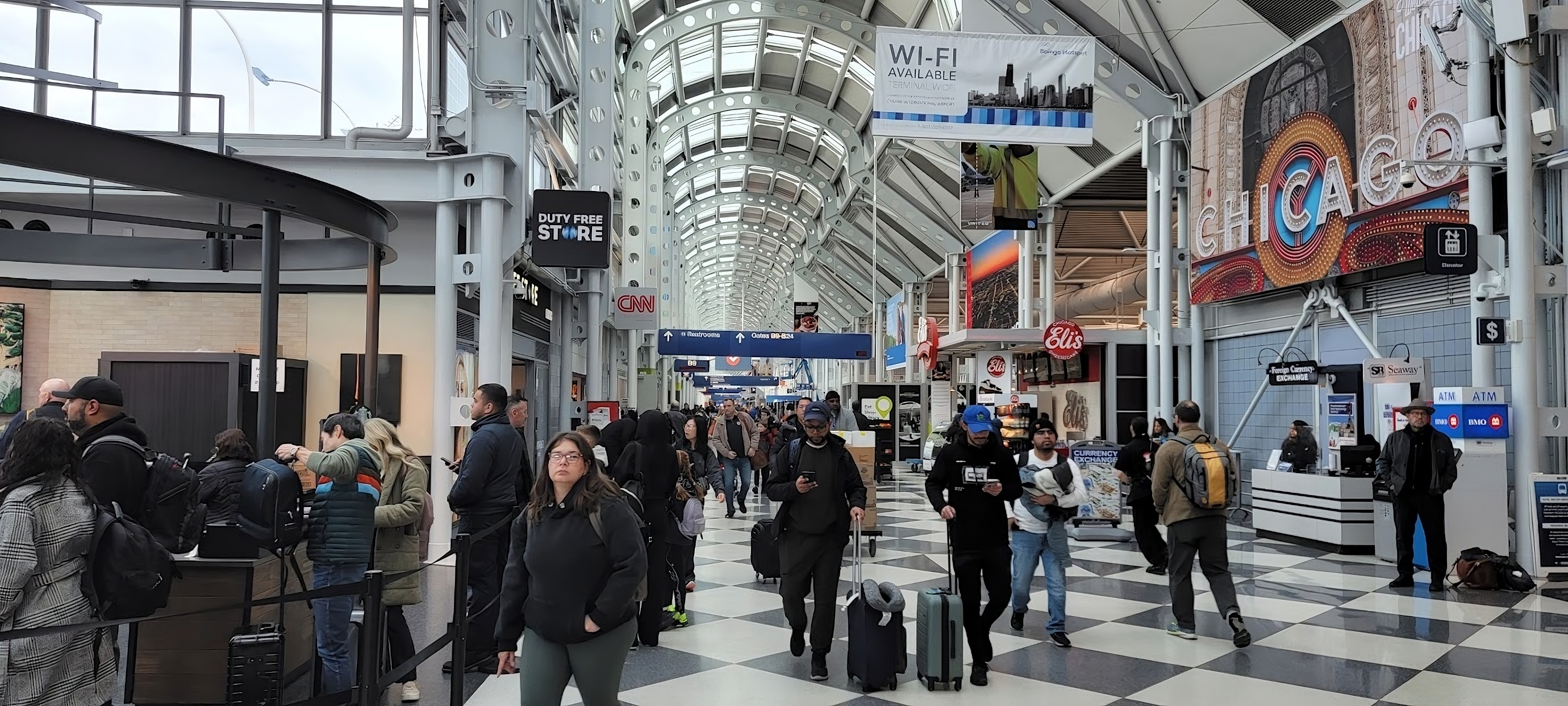
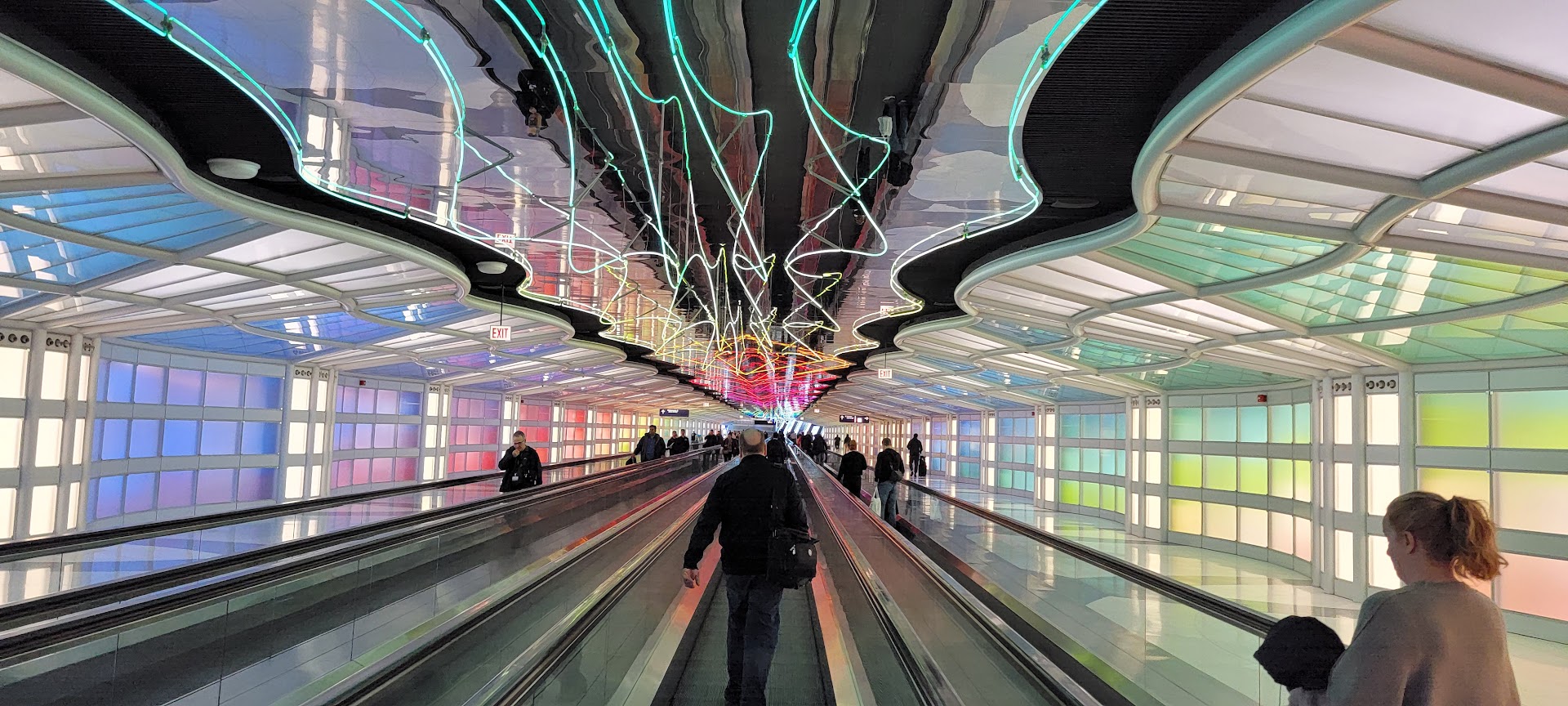
He was always a spreadsheet guy. I remember his explanation in March 2012 for why US Airways was finally adding inflight wifi.
- They avoided it up to that point, believing they’d never earn money selling access to it.
- But finally they saw people were actually avoiding buying their tickets.
- He had to see in the numbers that they were losing revenue without it before approving the cost of the service – that it wasn’t about generating wifi sales.
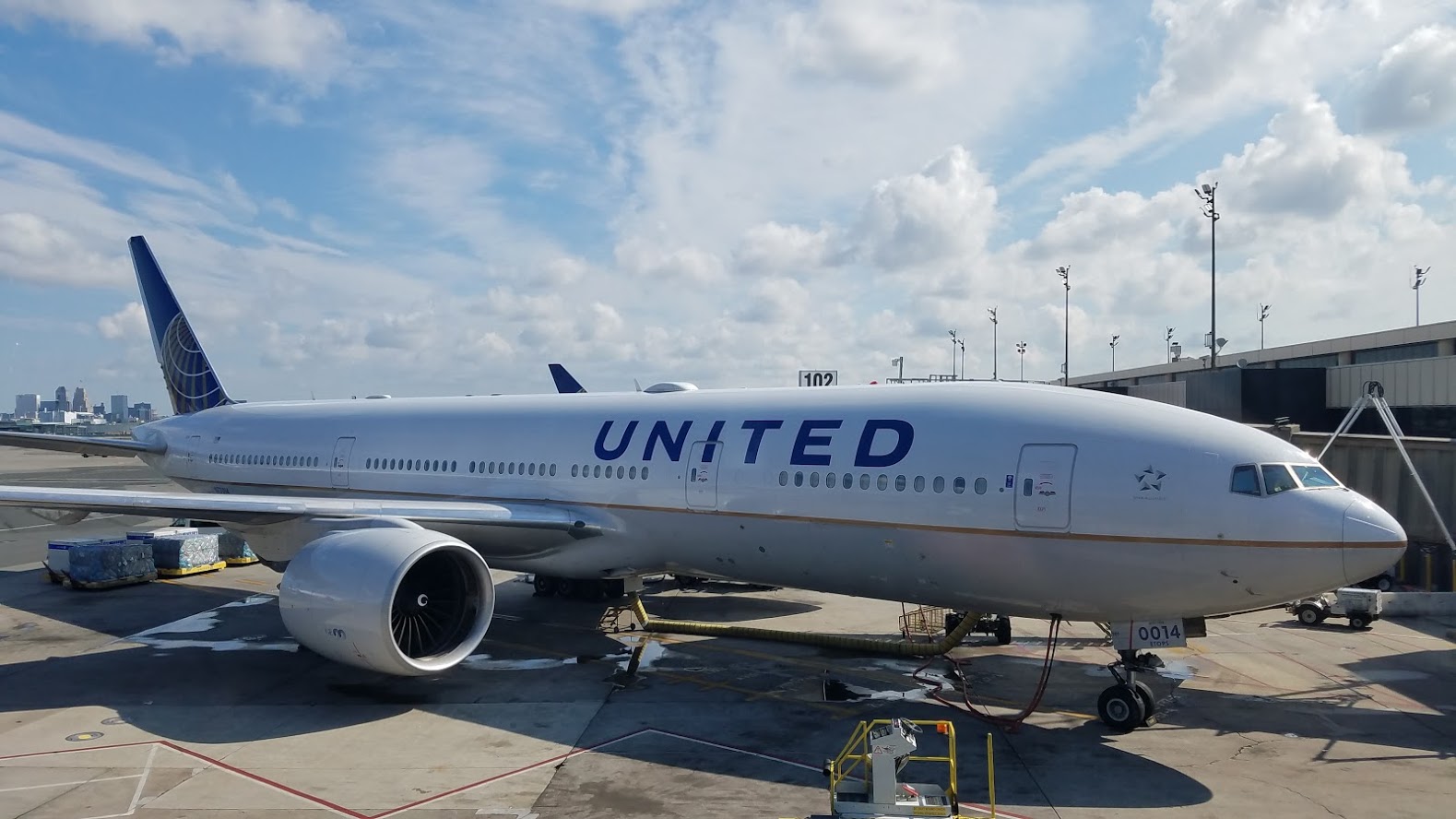
In recent times at United he’s reinvented himself. He led the industry eliminating change fees on (most) tickets. He’s added seat back entertainment screens to planes.
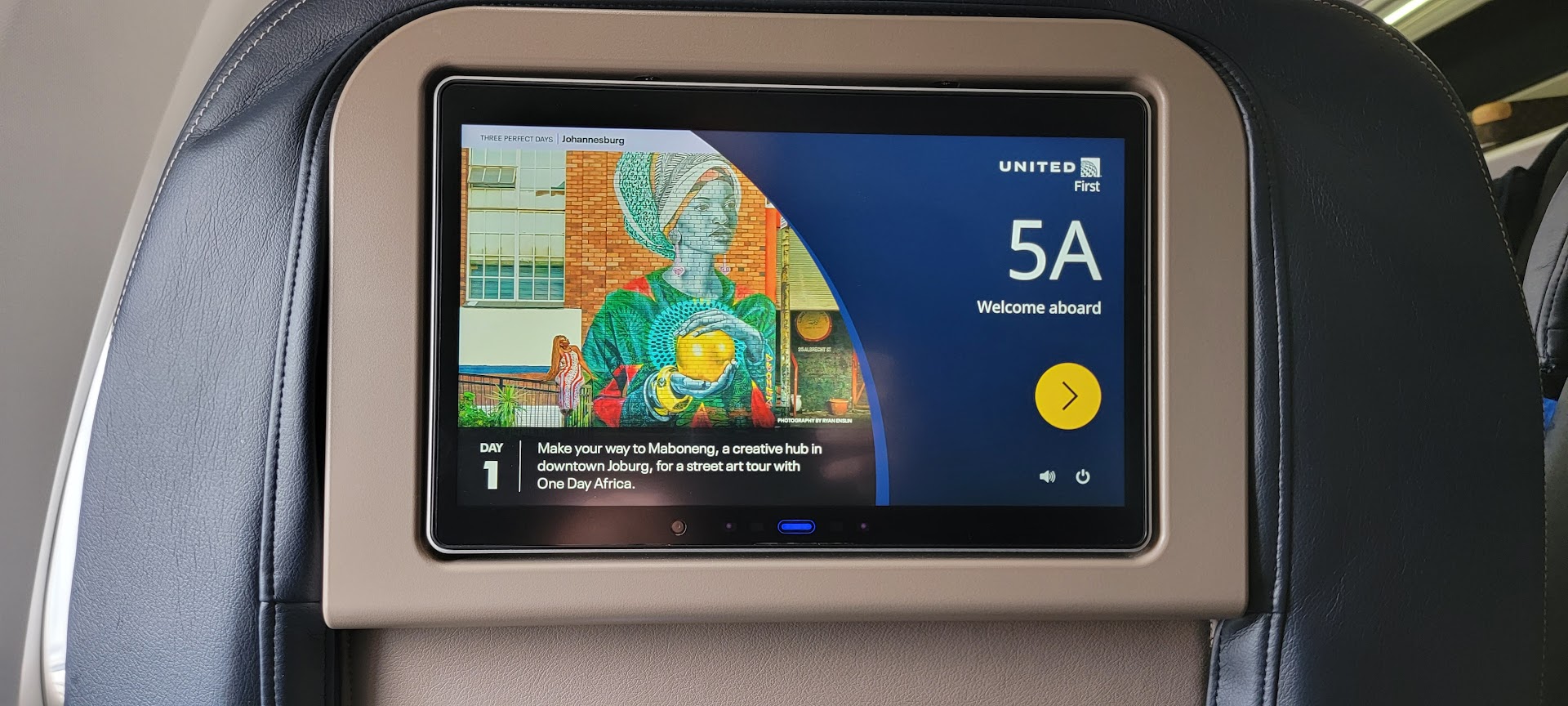
United now arguably serves the best business class wine in the world. Kirby’s previous explanation I’ve heard for the difference is that there’s a difference between being President of an airline and CEO and now it’s his vision that leads.
So I was interested in this week’s Airlines Confidential podcast where Scott Kirby explained his own evolution in the clearest terms I’ve heard.
He begins by saying that ‘you play the cards you’re dealt’ and a premium strategy would never have worked at America West. He felt that competing against Southwest, though, they had no long-term future. They tried flying cross-country, says that was his idea, and it was a bad idea. They needed to merge and did the US Airways deal.
He describes building a brand-loyal airline as his trajectory moving to US Airways and then American (“that was the whole march from America West, US Airways to American. That was about building a brand loyal airline”). I don’t buy that much about what happened at US Airways was creating brand loyalty. They tried to eliminate bonus miles for elite frequent flyers. They tried to charge for water. Decisions at American went in the opposite direction.
He also describes United’s growth at its hubs as the result of building “an airline that customers love, employees are great, take care of the customers, and everyone can be proud of” rather than the starting point. That’s a different narrative than Kirby offered early on in his tenure at United.
- In fall 2017 he explained how schedule growth would drive credit card acquisition and that selling miles was more profitable than flying.
- At the start of 2018 he laid out a growth strategy that was all about costs.
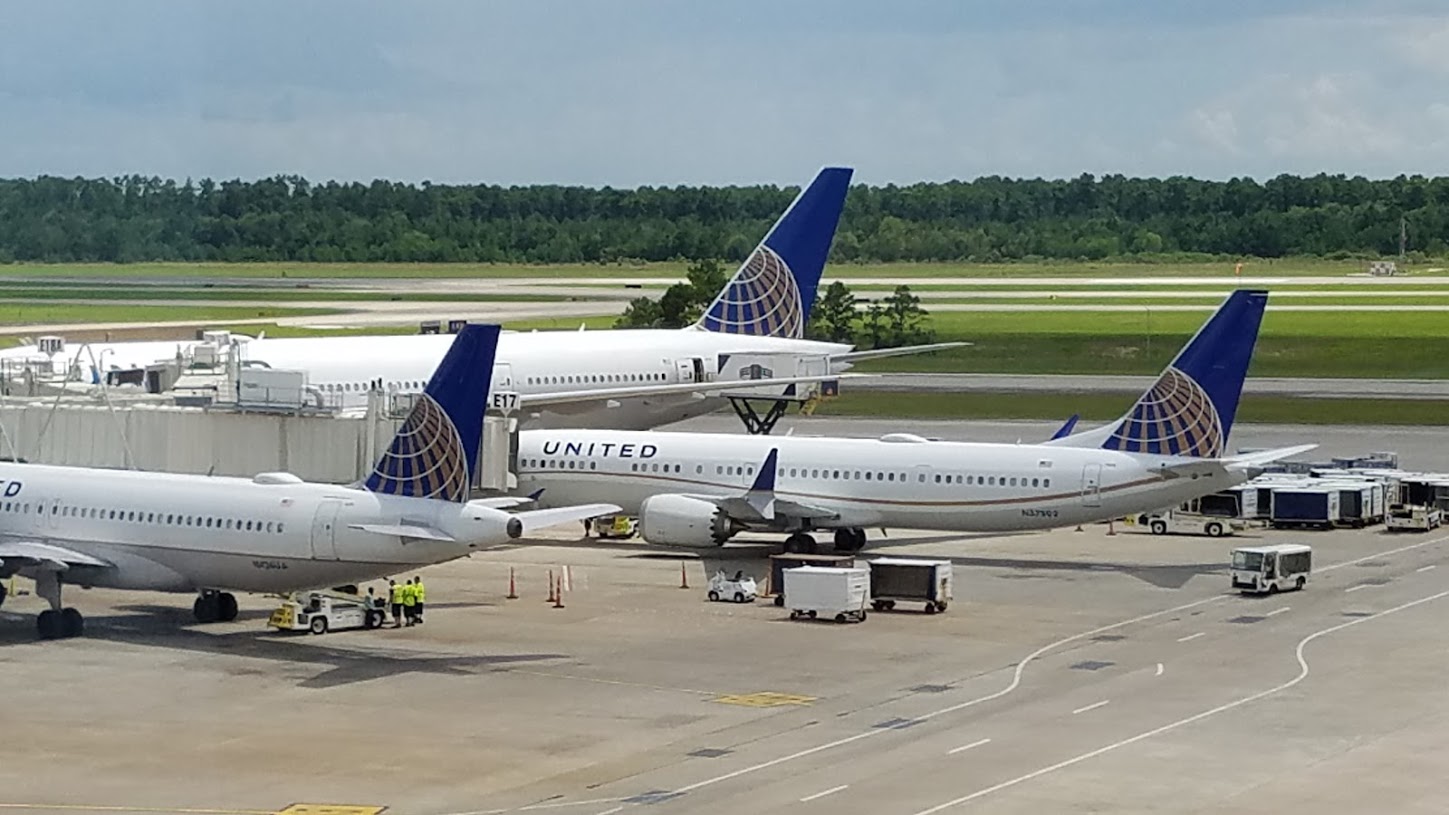
Maybe he believed then that you needed brand loyalty to grow, but he wasn’t ready to say it publicly, and it didn’t yet appear that he was doing much for it at United. This is when he was leading cutbacks in the Polaris soft product (dropping a flight attendant from business class service, cutting back on wine and amenities) and in domestic meal times.

Nonetheless, he lays out his evolution on ‘product matters’ as dating back a quarter centure. The first piece was seeing JetBlue’s live TV. And he went and got board approval to add it at American West – but JetBlue blocked them.
The first one that was really impactful to me was when JetBlue started and put live TVs on airplanes. And I thought, what a gimmick. That’s so silly. What a waste of money. And then I went and flew on it. I’m like, holy cow, this makes a difference. I was wrong.
And we had America West at that point. At the time, JetBlue was like 12 airplanes. And we were close to 100. We’d signed a term sheet with Live TV, who was putting it on for JetBlue, to put live TVs on America West airplanes. We’d have been the second airline to have live TVs on airplanes. And it was like a huge, like the amount of money we were spending for America West was off the charts big. And I got approved at the board and I left the board meeting. It had been my project. I left the board meeting.
This would have been in the late 90s, I think, and called the CEO. He didn’t call me back. Like, this is weird, because it’s like putting them on the map. It’s making their company 10 times bigger. And he didn’t call me back for like 24 hours. I called multiple times. And then he called me back and he’s like, I’m so sorry. But we told JetBlue that you were going to do this deal, and they bought the whole company to keep you from doing it. That’s what happened.
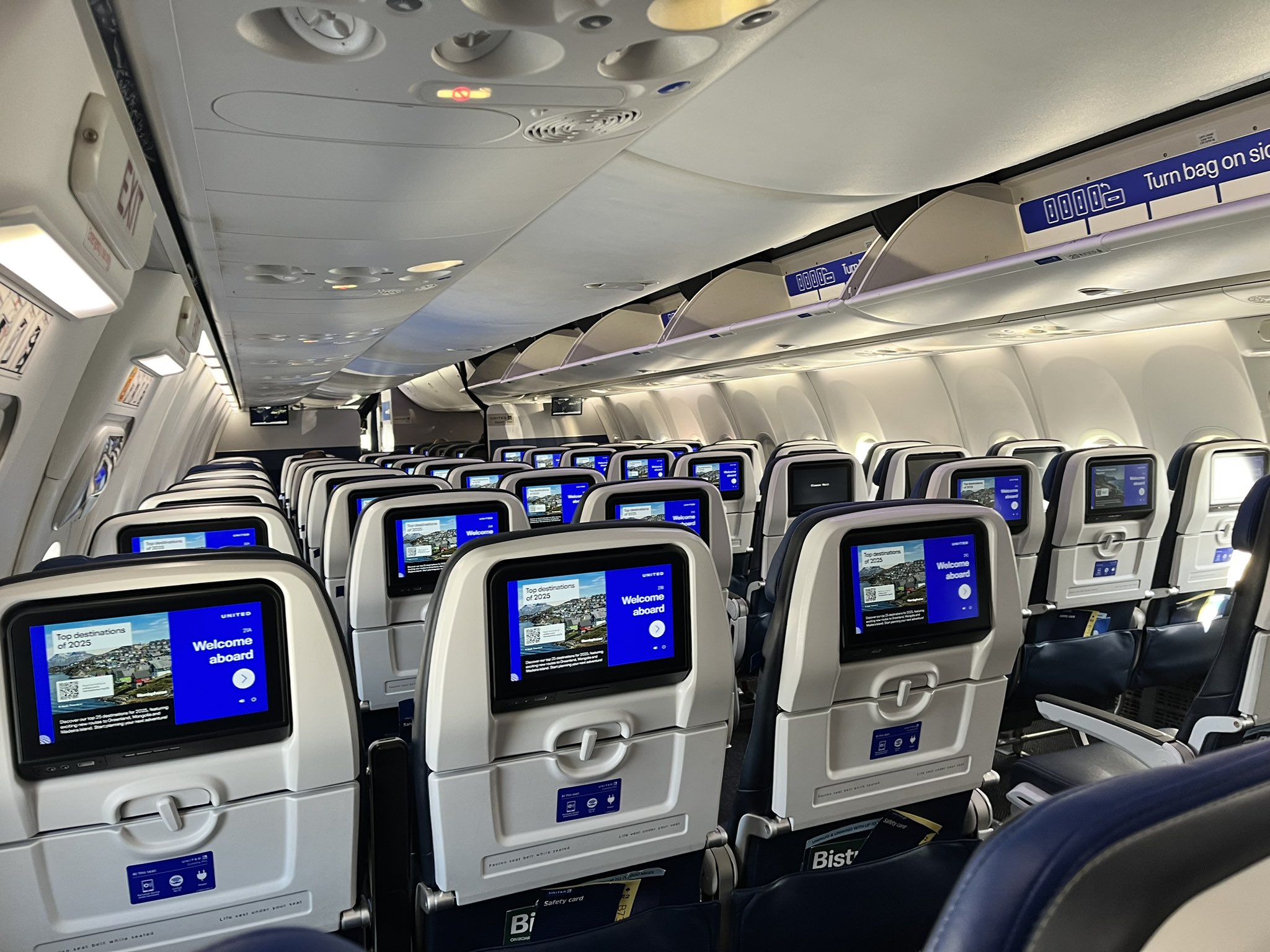
It’s incredible that United is putting Starlink internet in. That’s the best wifi in the sky now. JSX was first (and United owns a stake in JSX). Hawaiian and Qatar added it. And it seems like everyone wants it now. It isn’t just faster than current competitors – the differencemaker is low latency. You don’t wait for pages to load. Satellites in low earth orbit, with less distance for signal to travel, turns out to matter.
This is significant for United because they had among the worst wifi in the industry, especially on their Boeing 737s. I know that for years I avoided flying the airline, knowing it meant hours of lost productivity. And they’re in the process of leapfrogging the industry. The investment that Kirby was reluctant to make at US Airways is a leading investment he’s making at United.
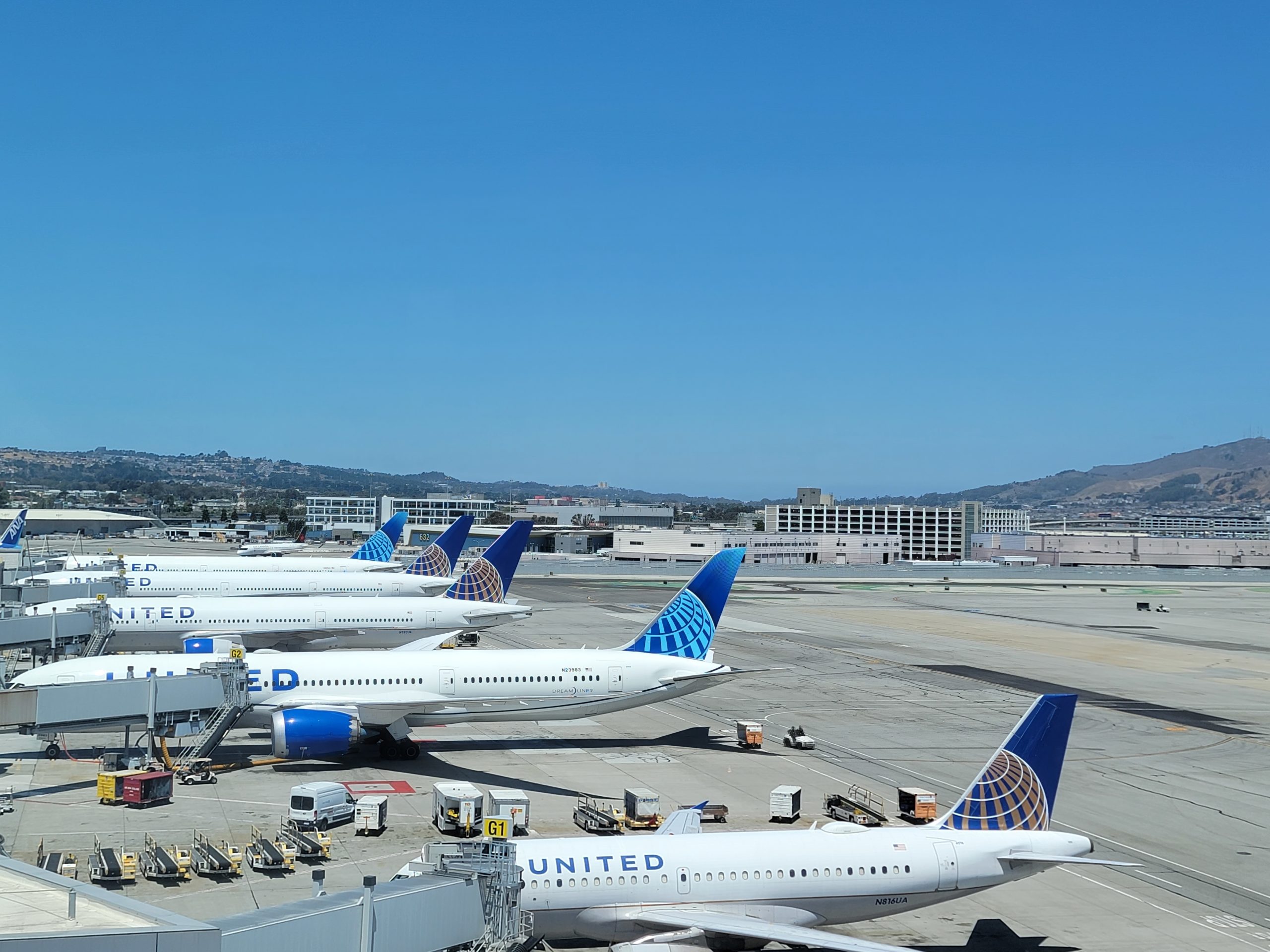
I still don’t know who the real Scott Kirby is. He says he thought that politics would be his least favorite part of the role as CEO, but it turns out to be a favorite because of the amount of difference you can make. He’s played politics extensively, bouncing from one extreme to the other based on who’s in office.
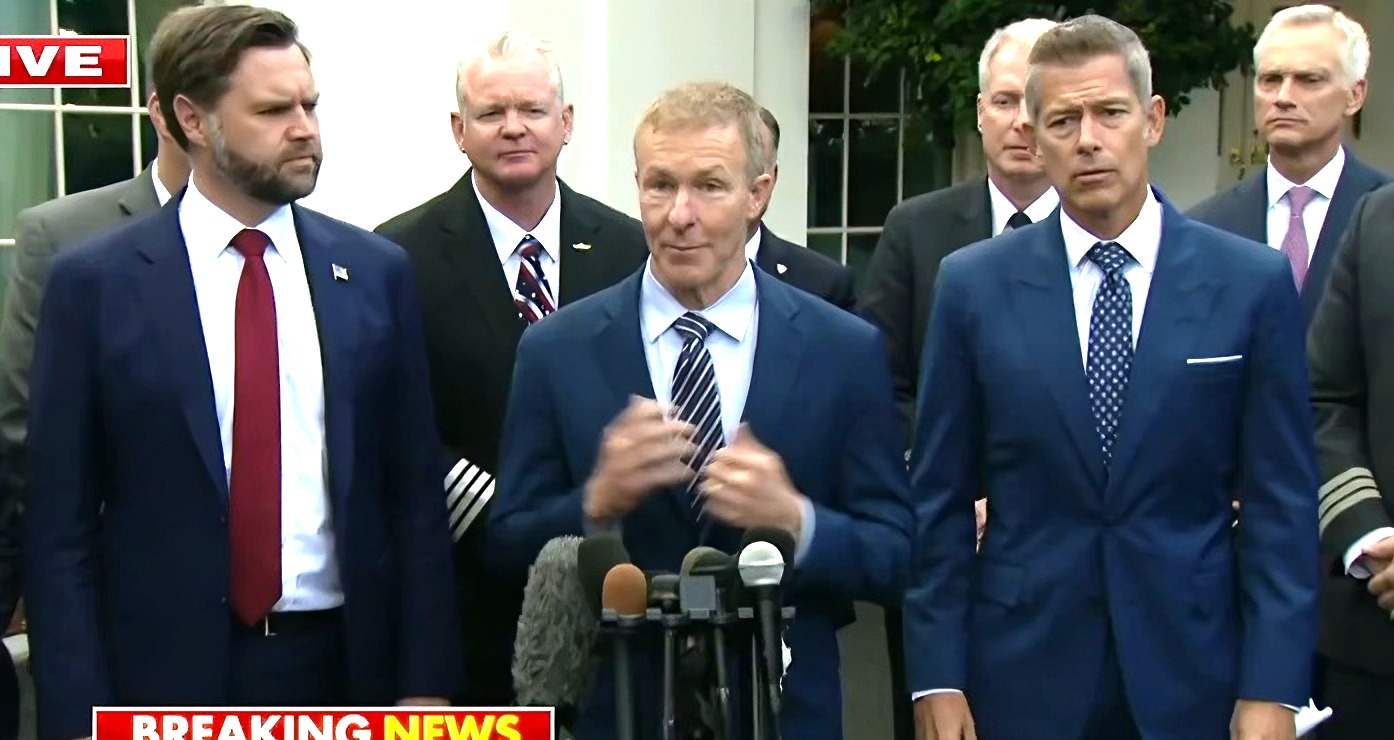
He says customers haven’t changed, he has. There’s no question United is better than it was when he joined. I’m just still trying to put the pieces together to figure out where the core beliefs lie, what core beliefs exactly have changed, and what triggered those shifts and when. I wish I understood how much of the tilt from woke to MAGA was real, just as I wish I understood how much of the shift from lowest-cost to product maximizing was real.
Maybe the best nugget comes from this answer;
- Kirby learned from the mistakes his bosses made. His primary boss was Doug Parker.
- Oscar Munoz told him to speak out more about his vision. That’s made him much more of a leader.
I’ve learned more, frankly, from watching other people make mistakes that were my bosses than I learned from positive. I don’t know if that sounds bad to say, but I have.
And then the only person in my entire career who ever sat down and gave me feedback was Oscar, who’s on this call. And I immensely appreciate him for that. One of the things he said to me after I’d been at United a few months, …I don’t remember what we were talking about, but, um, something like, well, here’s how, here’s what it means to employees. And like, I don’t think we should do X, Y, Z, because it’d be bad for our crew. And I was telling him why…
He’s like, I see you and you talk like this to me all the time. Everyone just thinks you’re a math and numbers guy. You should, everything you just said to me, you should say to other people because you’re like their best defender. And anyway, it was, it was great advice. And he’s, you know, I never had a, I don’t ever remember having any kind of performance review, anything from a boss. or any kind of feedback, except for Oscar.
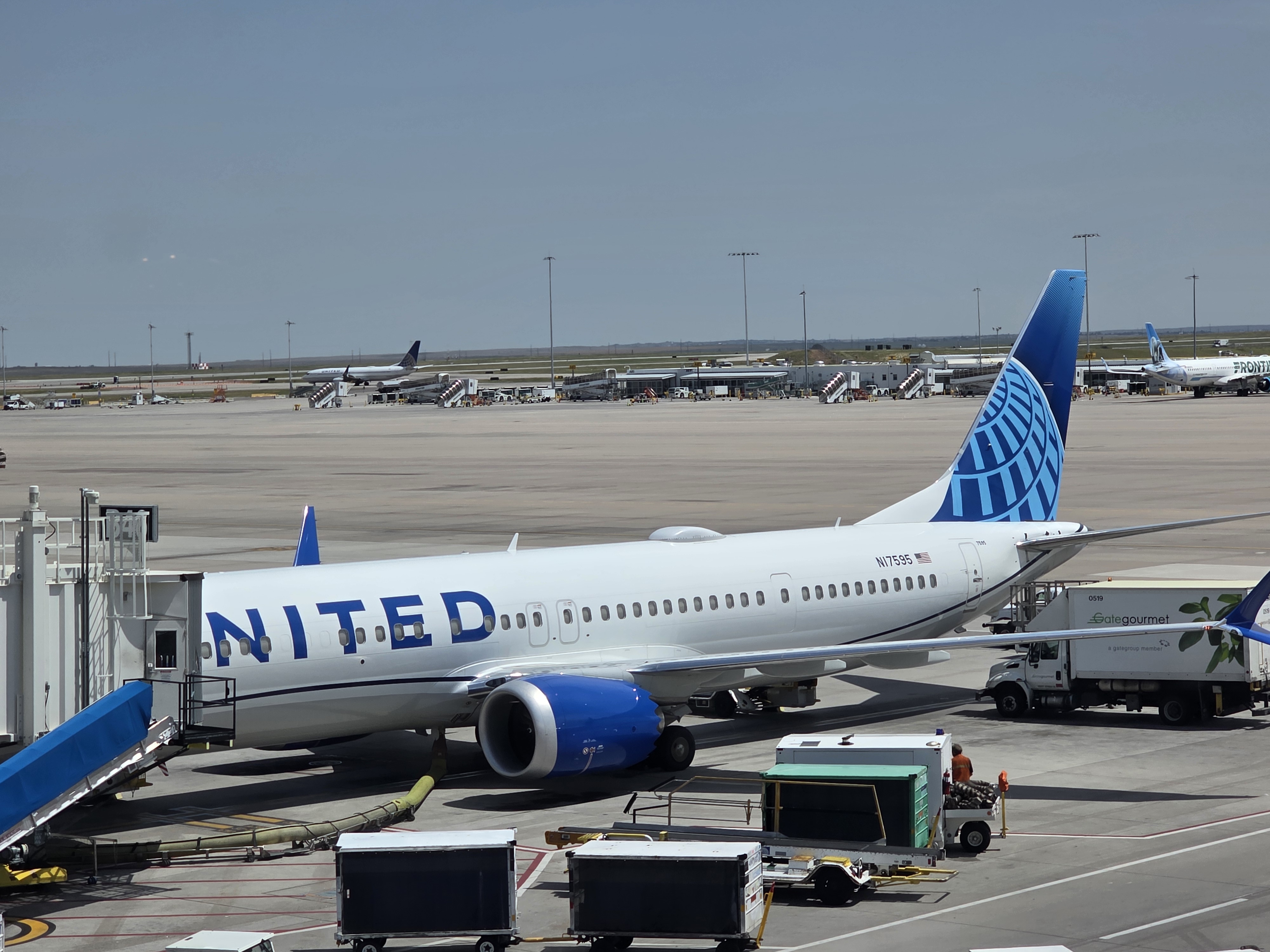
I take this, combined with previous explanations about there being a difference between serving as an airline President and a CEO, that he was trying to be Doug Parker and it turns out that’s a very bad model for an airline. And as CEO he needs to lead with his own vision.


Certainly United is a solid airline. I exclusively fly them at this point. The political part is annoying because they had this whole “Good Leads the Way” DEI nonsense trying to force women and minorities into being pilots. They have an entire safety video with one white guy in it as an extra.
So he’s cozying up to the Trump Admin, but forcing the rest of the crap on us. He’s a real politician.
If you’re searching for a diverse and thoughtful travel experience, please consider Delta.
Living very close to ORD, I am hopeful he never achieves his fantasy of Delta in Atlanta-type dominance here.
Having said that, I fly both UA and AA on a semi-regular basis. There is no question in my mind who runs a better operation at ORD…it isn’t AA.
It was an interesting listen. The biggest takeaway is that he admitted he changed his position on a lot of things because he was wrong which doesn’t happen very often w/ him.
He does say that he learns the most from reading (and data analysis); he just doesn’t admit that most of UA’s strategies came from Delta which did most of the strategies at least five years earlier that UA is now copying. Good for him for recognizing what works and being able to change.
He, as usual, can’t exist w/o trashing someone else and that remains clear with AA – he says there will be two profitable, global US carriers – and AA is not one of them.
Just to prove him wrong, I will fly AA to/from ORD every chance I get. and don’t kid yourself – ORD is nowhere near as profitable for UA as Scott Kirby would like.
Scott Kirby will go to his grave w/ his middle finger extended in the direction of Ft. Worth.
He only got feedback once in his life? And he thinks the feedback was Oscar telling him that it’s good for him to occasionally say to other people that doing X would be bad for employees so that they could see he was not just a math guy? That’s it? Wow.
Can’t fault a leader who’s constantly learning and evolving.
See Gary’s recent Casablanca article, because Kirby still sways with the wind.
@Tim Dunn — Naw, Scott would change again, if it suits him; this has nothing to do with principles. And, naturally, your own comment, “He, as usual, can’t exist w/o trashing someone else…” applies even more to yourself, sir. Such spite, like your “Just to prove him wrong” statement, is blinding you, Tim. Take whichever airline is offering the most convenient, comfortable, and best value. Your silly attempt to pit your ‘perceived enemies’ against each other is laughable. It’s really Coke v. Pepsi, and they taste similar enough, though we all have our preferences.
@L737 — @Matt’s still got it.
Tim, I never thought we’d find you on AA metal.
It’s not at all unreasonable to think AA might de-hub ORD. DL did it in DFW and kissed off a good part of the country they have never gotten back.
The majority of AA’s flights at ORD are American Eagle and that can’t be good.
1990, AKA Liz,
you were horribly late to the discussion. Ashes upon your head.
In case you haven’t figured it out, half of my internet persona is reflecting others. I have so much fun w/ Kirby because he provides so much ammo to throw right back at him.
As for ORD, if AA walks away, it will be part of a huge admission that their entire business plan has failed and can’t even be tweaked. I don’t see that.
AA will be a low profit airline but AA does carry decent pockets of high fare revenue; they just spend too much money chasing low fare connecting traffic.
and the bigger issue between AA and UA is that Kirby can’t let AA slip into the rearview mirror.
Ironically, you fail to see that Kirby is consumed by being rejected at AA. He seriously has done well at UA but can’t stand throwing shade at AA every chance he gets. I think you have it backwards who is filled w/ spite.
@Tim Dunn — ORD is a manufactured crisis; AA, UA, DL, etc., none of them are ‘giving up’ on Chicago, or any major city, except maybe Atlanta, because, Delta does have the closest thing to an actual, anti-competitive monopoly there with its ‘fortress’ hub. If Senator Warren were all-powerful, I’d imagine, the great city of Hot-lanta would have a second commercial airport by now. Apparently, there’s ample ‘spite’ to go around. And, yeah, what’s up with me; sleepin’ in on this post! Bah!
@IsaacM — Hard to tell if Tim’s serious about that; if I were him, I’d rather walk… no, ‘Climb’… from Chicago to Atlanta than fly on anything but the true ‘premium’ airline. *wink*
1990
you prove why I can’t wait to read what comes off of your keyboard.
You know that size matters more than just about anything. DL just figured it out in ATL before anyone else figured it out anywhere else.
you do realize that DL doesn’t fly from ORD to every market that AA or UA serves? I don’t always find myself in a DL hub when headed to ORD. Very glad to see DL adding ORD-LAX; I suspect DL will do just fine and might use those 44 seat first class A321NEOs if they really wanna stick it to AA and UA.
you are right that ORD is a manufactured crisis – by Scott Kirby. He desperately wants AA to cave at ORD – but there is far more reason for AA to not give up at ORD than there was for DL at DFW. And remember that DL took its DFW assets and built NYC and further built ATL which is only about 800 miles east of DFW.
AA and UA have the smallest average gauge at ORD of any large US carrier hubs; they both use tons of regional jets. almost 20% of UA’s ORD flights are on CRJ550s which is a 50 passenger aircraft using a 70 passenger airframe – an arrangement that exists only because UA wasn’t willing to buy a small mainline aircraft as DL did. The CRJ550 has the worst per passenger economics of any aircraft in the US fleet.
AA and UA can’t dump tons of seats in the market or use lots of large aircraft in most markets – so ORD is a case of reciprocal destruction of your competitor.
And let’s not forget that ORD is flanked by DL’s DTW and MSP hubs which are cash cows in the same league as ATL – just on a smaller scale.
it is precisely because AA will not cave at ORD outside of bankruptcy as part of a complete remake of the company that UA’s profits will fall short of DL’s for years to come.
Mr Kirby is liar. The wifi doesn’t work on the 757s either. Let’s talk about the seatback entertainment, it’s available unless than 50% of United’s aircraft. The new wifi hasn’t worked on 4 of the last 8 flights that I have been on. And as far as the wine, Delta has him beat along with the 1st class meal and the food in the clubs. I’m a 1K on United and a Diamond on Delta so I feel I know what I’m talking about. Scott is extremely bias. He can’t even get the contract with his flight attendants done, it’s been going on over 4 years now.
For years it was assumed consumers only cared about a cheap fare, particularly for domestic fares. And while that segment is still there some consumers will pay for a better experience. It’s time to de-Frontier this business.
@George Romey — That’s the Spirit!
Why..and for what reasons Scott Kirby left American Airlines?..Was he Fired.from AA ..was his employment terminated at AA..? Why he left AA..or for what reasons he left AA?
Hello @Matt! Still got it indeed, @1990. Indeed.
Kirby washed out of USAF Pilot training. He was a second or third fiddle everywhere he went, then got bounced from AA. He has low with self esteem, maybe he should look inward rather than lashing out. Probably drives a BIG truck. Lol
Author of this article must be nuts if he considers Polaris Business Class anywhere near the best in the world. Dirty seats, substandard food, packing in business class to maximize profits while charging the same or more then others.
United is the VERY LAST airline I would select.
Kirby is not the most eloquent extemporaneous speaker, but I kinda like the guy. While some mock him for admitting his leadership lessons, he’s one of the few leaders with the quality of self-reflection and subsequent evolution. He was at a dog of an airline over at America West. US Airways port-merger was not the US Airways of the 1990’s, which was a great airline if you lived in the northeast and wanted to move up and down the east coast. Post-merger US Airways was maybe one level above Frontier.
As for what will happen at ORD, I would never say never (except this time). Is AA going to dehub ORD…no. Will UA outgrow AA there…likely if things continue on the trajectory they are on right now. With ORD’s gate allocation process, AA is going to have to tolerate placing planes in ORD that may otherwise be more profitable flying out of another AA hub like CLT or DFW where AA has more pricing power.
What I think Kirby is most improved on is his realization that consumer motivations with respect to air travel have radically changed since the pandemic…and they aren’t going back. While AA hung on to “schedule and reliability” UA made investments that consumers actually want.
At the end of the day, UA, DL and AA are businesses, and they are in the business of making money. They care about strategy, consumer experience and operational reliability only insomuch as they impact financial performance. They really don’t care about customers until they find what happens when you p!ss too many of them off. You listening Isom???
So Kirby never had a performance review before he joined UA?
He did have a pretty thorough one at AA when they showed him out and told him not to let the door hit him in the ass.
Thanks for the Kirby reality check that was missed on the podcast. Scott comes off acting like his xxxx don’t stink. It’s super cringe.
He’ll never admit it be he’s totally sour grapes. He said he sleeps 8.5 hours a night. Ha! He lies more than all of Washington
Pilot93,
interestingly, he admits he didn’t make it at the USAF. perhaps he is getting far enough along in life that his constant musings now include the ability to reflect on what he has done wrong – and share it with the world. That part is commendable.
you are dead right on his lack of self-esteem. People who are self-actualized don’t need to be incessantly tearing someone else down.
and, as much as he desperately wants to think that UA and DL are in the same camp, they simply are not. Kirby even stated in the podcast that UA has just about reached DL’s profitability other than for DL’s refinery- and yet actual SEC filed earnings statements showed that UA made $1 billion less in net profit than DL through the 3rd quarter – and the refinery contributed nowhere near $1 billion to DL’s profitability.
how someone that is so keen to facts and data can say that the refinery contributes $1 billion to DL’s profitability – and other than that, UA and DL make about the same amount of money – is beyond the pale.
No matter what he admits about the past, Kirby simply does not have the self-esteem to admit that he and UA are a solid #2 and the gap between DL and UA is widening, not shrinking.
@West Coast Flyer
Often performance reviews are a joke and don’t give any real feedback.
Either that or earlier on he want self aware enough to listen to them until the Oscar Nunez moment.
Reading Gary Leff’s piece on Scott Kirby’s evolution as United CEO feels a lot like working through a complex algebra problem in College Algebra in the Digital Age: the variables are leadership style, strategic vision, and bold execution, and over time Kirby has recalibrated his approach in powerful ways. He’s moved from relentlessly cutting costs to making big bets on passenger experience, introducing seat-back screens, eliminating change fees, and even backing Starlink to offer high-speed in-flight internet. Leff captures how Kirby went from “spreadsheet guy” to someone who deeply believes product matters, arguing that loyalty and brand identity, not just unit costs, now drive United’s long-term strength. This shift feels like the kind of transformation I teach students in algebra: you start with simple terms, then gradually add richer structure and meaning.
@Goforride. You claim a majority of AA flights at ORD are American Eagle. That is not consistent with the data I see. Could your provide a source?
comes to mind.
DOT data shows that AA’s domestic operation in July at ORD was only 43% mainline so the statement that AA at ORD is predominantly regional jet is true.
But, UA at ORD is only 54% mainline – which is lower than every other AA hub except for DCA and every other DL hub except for LGA.
ORD is simply a heavily RJ hub for both AA and UA which pushes up costs for both at an airport that is on track to be the most expensive airport per passenger boarding when the massive terminal rebuild is complete.
The current dual airline hub structure at the most expensive hub airport in the US is a financial disaster waiting to happen – and Kirby wants desperately to at least eliminate UA as a competitor at ORD.
DL and WN are the winners at ORD by being no part of the central terminal complex mess.
correction…. while it should be obvious, Kirby wants to eliminate AA as a competitor…